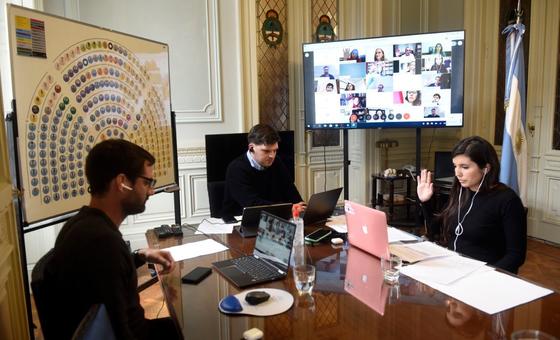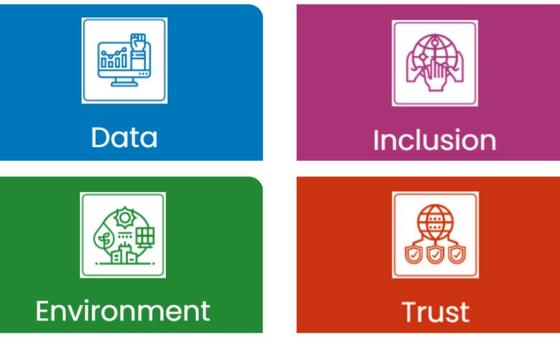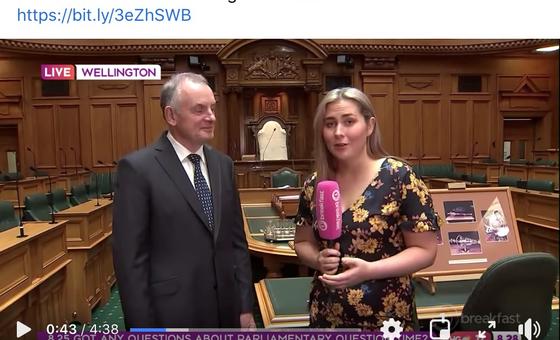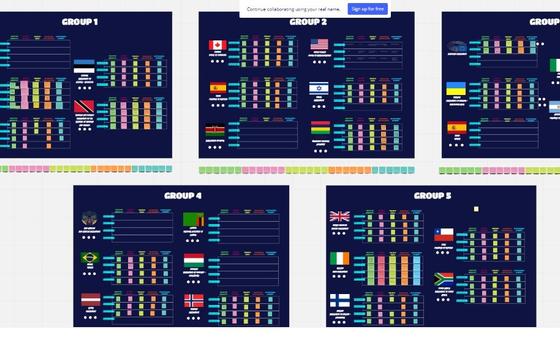- ImpactWe help parliaments to become greener and to implement the Paris agreement.We support democracy by strengthening parliamentsWe work to increase women’s representation in parliament and empower women MPs.We defend the human rights of parliamentarians and help them uphold the rights of all.We help parliaments fight terrorism, cyber warfare and the proliferation of weapons of mass destruction.We encourage youth participation in parliaments and empower young MPs.We support parliaments in implementing the SDGs with a particular focus on health and climate change.
- ParliamentsNearly every country in the world has some form of parliament. Parliamentary systems fall into two categories: bicameral and unicameral. Out of 190 national parliaments in the world, 78 are bicameral (156 chambers) and 112 are unicameral, making a total of 268 chambers of parliament with some 44,000 members of parliament. IPU membership is made up of 180 national parliaments
Find a national parliament
We help strengthen parliaments to make them more representative and effective. - EventsVirtual eventThe International Court of Justice (ICJ) was constituted under the United Nations Charter to help nations settle disputes peacefully in accordance with international law.
- Knowledge
Discover the IPU's resources
Our library of essential resources for parliamentsGlobal data for and about national parliamentsLatest data and reports about women in parliamentResolutions, declarations and outcomes adopted by IPU MembersRecent innovations in the way parliaments workThe latest climate change legislation from the London School of Economics' database
Issue 8
IPU Innovation Tracker
The quarterly electronic bulletin from the Centre for Innovation in Parliament
Issue 8
This eighth edition of the Innovation Tracker investigates how innovation becomes established in parliamentary development and planning through the case study of the Chamber of Deputies of Argentina. We also report on the Parliamentary Roundtable at the virtual Internet Governance Forum 2020, and present the new IPU Social Media Guide for Parliaments and Parliamentarians. There are updates from the CIP hubs, the CIP Steering Committee on preparations for the upcoming World e-Parliament Report.
Innovation Tracker contributions
We are posting examples of innovation in parliament on Twitter using the hashtags #innovation #parliament. Please join us in using these hashtags, or send us good examples that we can share!
Do you have an example of innovative parliamentary working methods to share in the Innovation Tracker? Tell us about it via this online form or by e-mail to [email protected].
Updates from the hubs
Thematic
Transparency Hub
Transparency
The Knesset of Israel launched the thematic hub entitled 'Transparency - the Next Generation' on 15 February 2021. The launch was conducted via a virtual event that saw the participation of an initial core group of transparency leads from the Chamber of Deputies of Brazil, House of Commons of Canada, Parliament of Cyprus, Bundestag of Germany, Parliament of Ghana, Hellenic Parliament of Greece, Chamber of Deputies of Uruguay and the Knesset. The meeting - aside from introducing the hub's concept and rationale - featured exploratory discussions on transparency developments and innovations and what could be next in the parliamentary transparency context. A follow up meeting is scheduled to take place in April that intends to focus on hub objectives, work planning and next steps. The hub is keen to see the participation of additional parliaments to the core group.
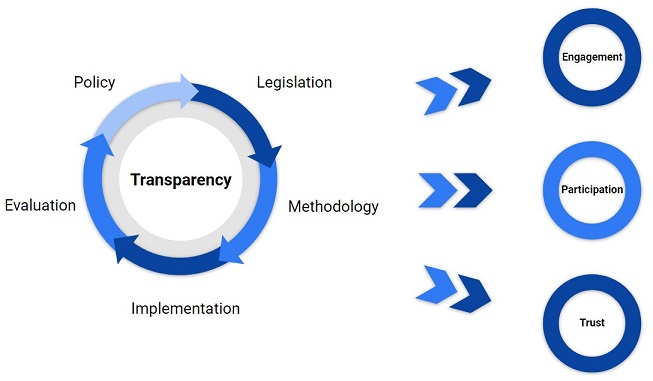
Host: Israel
Transparency
Open Data Hub
Open data hub
The hub team is currently preparing a set of videos aimed at introducing to newcomers the hub and modalities of data exchange with the Open Data Inter-Parliamentary Cloud. Beyond English and Portuguese, those videos will be translated to French and Spanish through a collaborative work with the European Parliament.
The Chamber of Deputies of Brazil and IPU also signed a new Memorandum of Understanding extending the collaboration within the CIP framework throughout 2021 and 2022.
Host: Brazil
Open data hub
Regional





